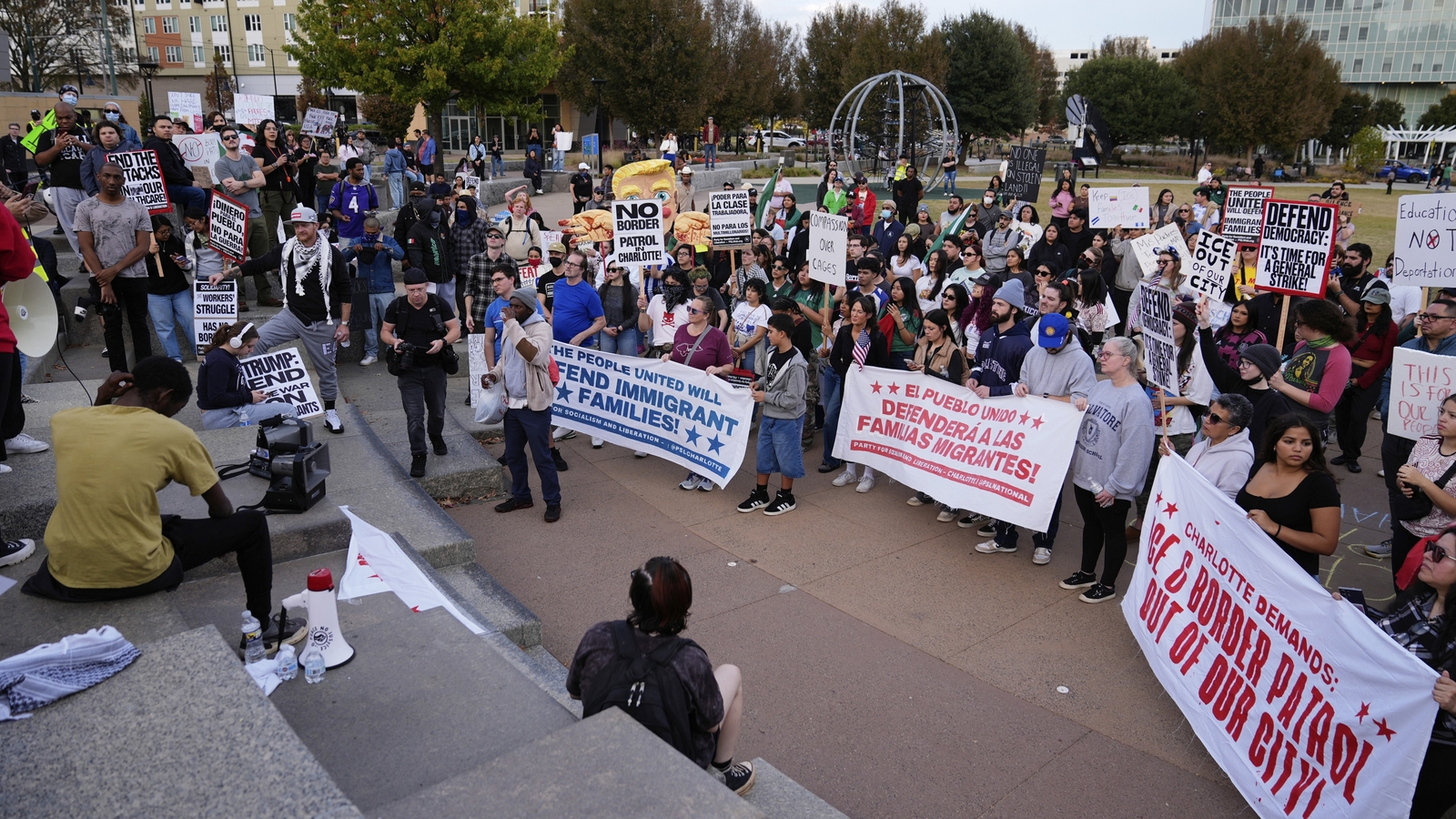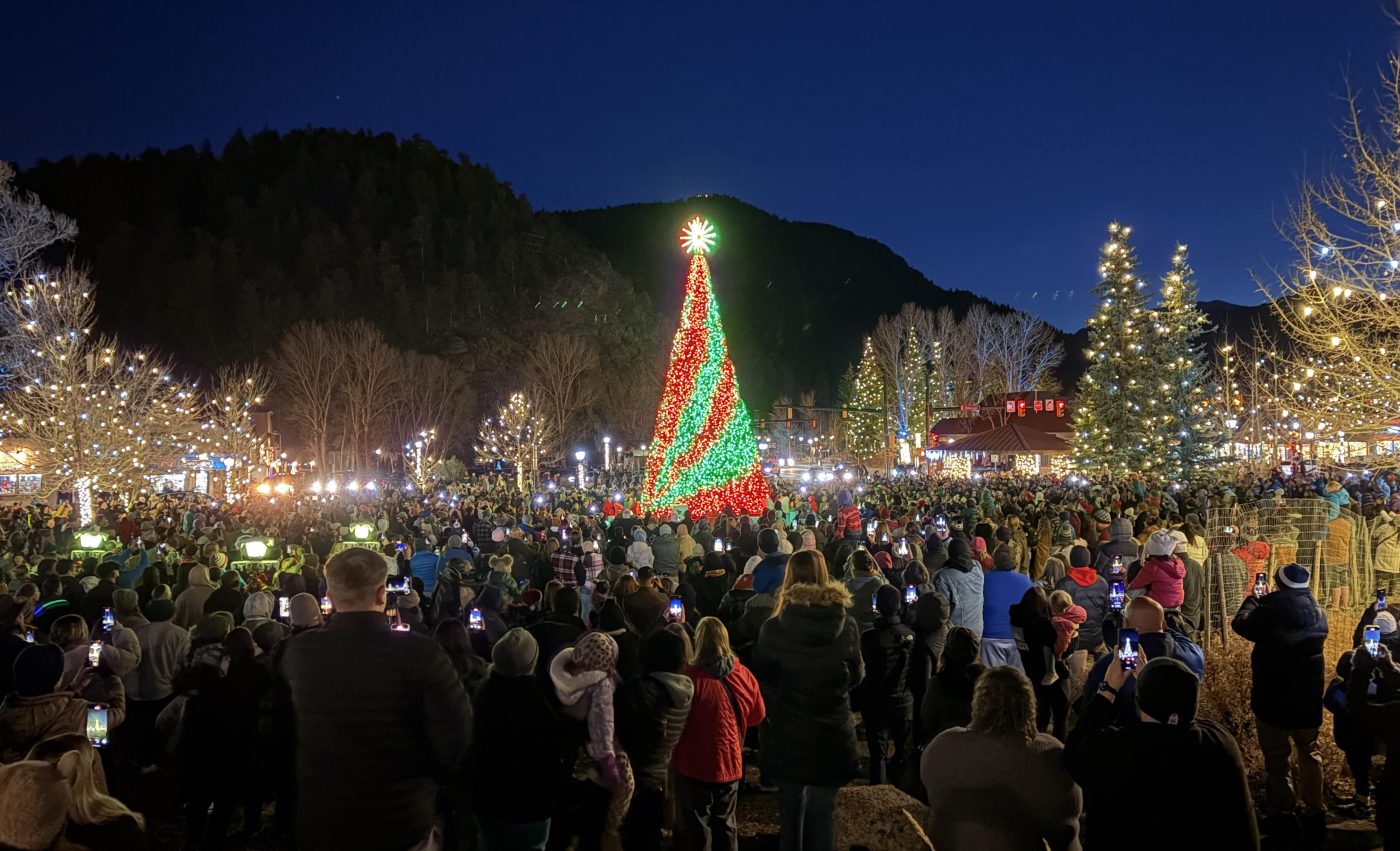BREAKING: A surge of federal immigration arrests in Charlotte, North Carolina, has sparked intense backlash from local leaders and residents. On Sunday, Border Patrol Commander Gregory Bovino reported over 80 arrests as part of the controversial “Operation Charlotte’s Web,” a strategy aimed at combating crime in the city of approximately 950,000 people.
Residents have reported unsettling encounters with federal agents near churches, apartment complexes, and local businesses, igniting fears and raising questions about the operation’s impact on the community. Local leaders are particularly concerned about the aggressive tactics employed by agents, reminiscent of previous operations in cities like Chicago and Los Angeles that faced significant criticism.
In a series of social media posts, Commander Bovino shared images of individuals arrested, including one with a history of drunk driving. “We arrested him, taking him off the streets of Charlotte so he can’t continue to ignore our laws,” Bovino stated on platform X. This has only deepened local anxieties about safety and civil rights.
Many in Charlotte’s Latino community are expressing fear and hesitation in their daily lives. Paola Garcia from the nonprofit Camino reported multiple cancellations at their dental clinic, stating, “People are too scared to leave their homes for school, work, or medical appointments.” Emotional testimonies highlight how the operation has instilled a climate of fear among families seeking a better life.
Concerns are magnified by reports of federal agents targeting houses of worship. City council member-elect JD Mazuera Arias condemned the practice, stating, “These are sanctuaries for people looking for hope, and they no longer feel safe.” The operation has also led to protests, with two demonstrators arrested outside a DHS office on Sunday.
DHS officials justified the arrests by pointing to alleged threats posed by sanctuary policies in North Carolina, which limit cooperation between local authorities and immigration enforcement. Assistant Secretary Tricia McLaughlin claimed, “We are surging DHS law enforcement to Charlotte to ensure Americans are safe.” However, Mecklenburg County, where Charlotte is located, does not honor ICE detainers, further complicating the federal strategy.
The situation is evolving rapidly, with reports of CBP activity overwhelming local organizations. Greg Asciutto from CharlotteEast noted that they received “countless reports” of federal activity in the area, indicating the operation’s widespread nature.
While the Trump administration claims these arrests are necessary for public safety, local leaders and advocates are raising alarms about the potential for abuse and violation of rights within immigrant communities. As federal agents continue their presence in Charlotte, the community is left grappling with the immediate effects of this aggressive enforcement.
As the situation develops, residents and local leaders are calling for immediate dialogue and action to address the fears and uncertainties brought on by this operation. The community’s response will be critical as they navigate this challenging and charged environment.







